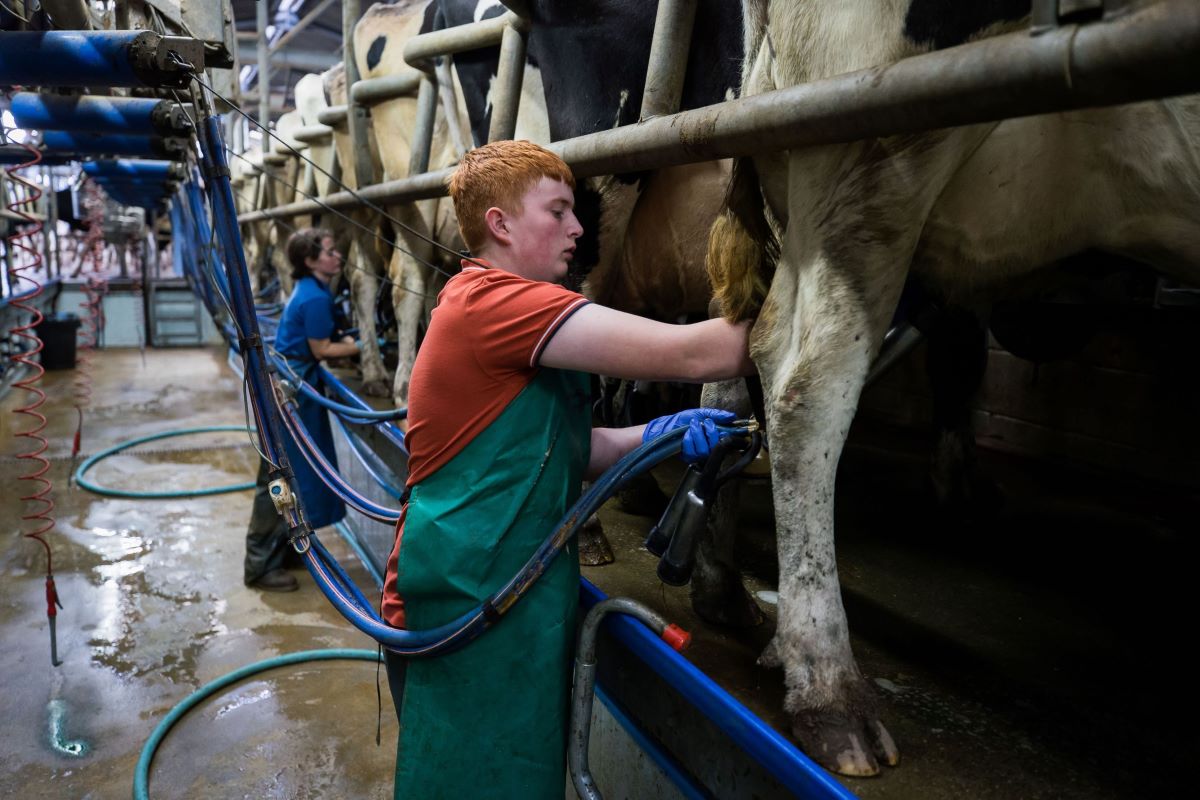Lords Committee raises concerns about student loans not keeping pace with inflation – maximum loans 18.5% below where they would be if matched to RPI

The House of Lords Secondary Legislation Committee has today raised concerns with proposed regulations that will increase student loans intended to cover living costs by just 2.8% in 2023/24.
The Committee draws the regulations to the special attention of the House of the Lords on the basis that the increase is well below current inflation rates and will lead to significant real terms reductions in income for students. The Committee noted that the Department for Education (DfE) itself has said this will have a “negative impact” on students.
The Committee suggests the House may wish to push the Government to clarify the likely extent of the impact on students and encourages DfE to consider whether any improvements to the method for calculating the annual uprating can be made.
Increases in student loan rates are based on Office for Budget Responsibility predictions for inflation which have proven to be misjudged. Student loan rates increased by 3.1% in 2021–22 and 2.3% in 2022–23 based on OBR predictions while actual inflation over those years has run above 5% since October 2021 and more than 10% since October 2022. This means loans designed to meet living costs have failed to reflect the rapidly rising cost of living.
The Committee found that these below inflation increases in student loans mean that:
- The 2021–22 and 2022–23 upratings left maximum loans 18.5% below where they would have been had they risen by the actual Retail Price Index (RPI) rates in those years.
- Based on Consumer Price Inflation, a 13.7% uplift would be required in 2023–24 to restore the real value of loans to their level in 2020–21.
- A report by the Institute for Fiscal Studies that found the value of loans has been reduced by more than £1,000 in real terms compared to 2020–21.
The Committee also points out that the Government’s own impact assessment found that women, mature students, those on low incomes and ethnic minority students would be particularly adversely affected by the real-terms decrease in the value of loans.
Commenting Lord Russell of Liverpool, a member of the Committee said:
“We were shocked to discover the extent to which student loans have fallen behind real terms cost of living since 2020. Students are now nearly 20% worse off than they would be if loan rates had kept pace with RPI. For students, who are often living with little disposable income anyway, this is causing real hardship.
“The Government themselves acknowledge the fall in the value of loans is having a negative impact on students and that this is likely to be most significant for women, mature students, students from ethnic minority backgrounds and those on low incomes.
“The proposal to increase loan rates this year by 2.8%, when inflation is currently more than 10%, will make matters worse. We are flagging this with the House of Lords to see if the House wishes to press the Government further on the rationale for and impact of the upratings.”











Responses